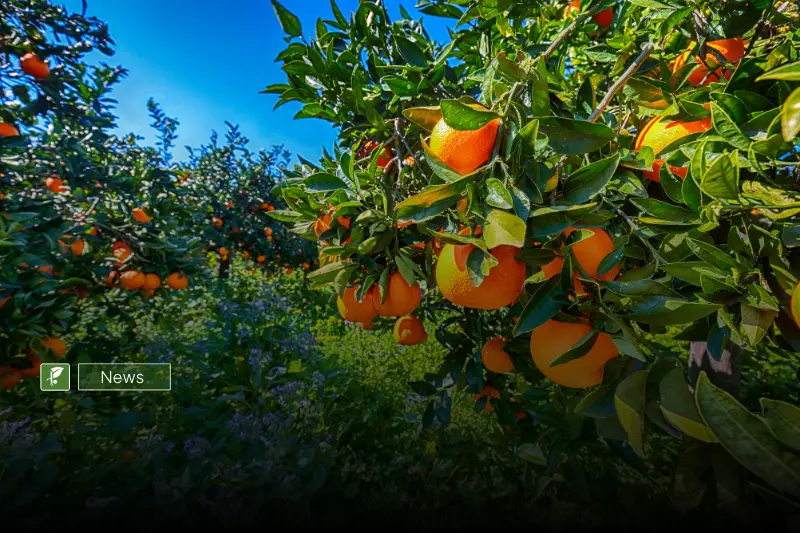Although being one of the countries with fertile soil and significant agricultural potential, Indonesia surprisingly remains importing various food commodities, including corn.
According to data from the Central Statistics Agency (BPS), corn imports in September 2024 reached 158,600 tons. This figure is astonishing compared to the same commodity’s imports last year, which were only 54,650 tons.
In monetary terms, Indonesia spent USD 38.47 million in September 2024 on corn imports, a 167.97% increase compared to September 2023, which was USD 14.35 million.
Imported from Several Countries
Indonesia fulfilled its needs of corn from several countries, including 351,140 tons from Argentina, 256,830 tons from Brazil, 3,290 tons from the United States, 13,070 tons from Pakistan, and 315.46 tons from Thailand.
Acting Head of BPS, Amalia Adininggar Widyasanti, reported that from January to September 2024, Indonesia imported 967,920 tons of corn, valued at USD 247.94 million.
Why Does Indonesia Still Import Corn?
The question arises: why does Indonesia, an agrarian country, still need to import corn?
One of the reasons is that national corn production is inconsistent and fluctuates, making it unable to meet this year’s consumption needs.
This inconsistent production is due to several factors, including weather anomalies, which have reduced corn yields.
Additionally, Indonesia still relies on imported fertilizers to support crop production.
The high price of fertilizers, which are unaffordable for many farmers, also hampers the corn planting and harvesting process in the country.
Also read: Wow, Prabowo is determined that Indonesia will be self-sufficient in food within 4 years
Can We Decrease Imports Intensity?
Indonesia not only imports corn but also many other foodstuffs such as rice, vegetables, and even meat.
The country is not located on barren land. In fact, Indonesia is ideally suited for developing the agricultural and plantation sectors.
Widespread education could be one solution to revitalize agriculture in Indonesia.
Youth regeneration in the farming profession is also essential, as we know that farming is mostly done by older individuals.
The government must also ensure that assistance, such as capital and farming equipment, is provided appropriately to maximize crop yields.
If the agricultural sector becomes strong, Indonesia will no longer need to spend large amounts of money on importing various food commodities.




